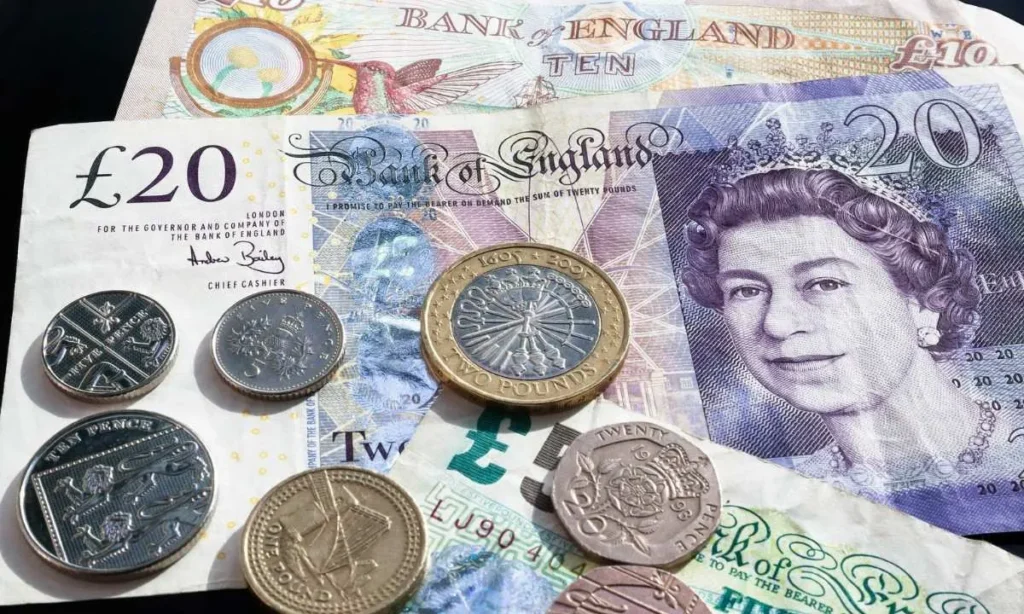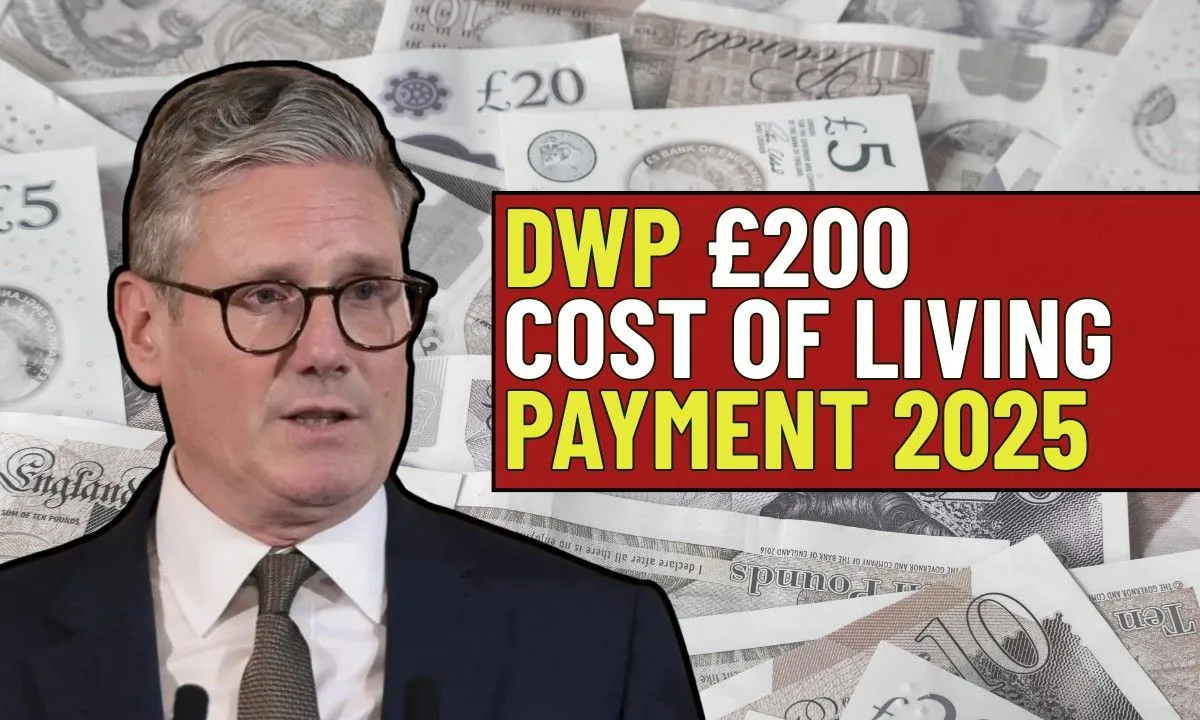Millions of households across the UK are still feeling the pressure of rising energy, food, and housing costs. To help ease the strain, local councils are now offering new financial support through the Household Support Fund (HSF). One of the most discussed forms of help in 2025 is a £200 Cost of Living Payment, available in selected areas. Although this is not a nationwide DWP payment, it’s a crucial lifeline for families struggling with day-to-day expenses.
What Is the £200 Cost of Living Payment?
The £200 Cost of Living Payment is part of a government-funded initiative that helps people cover essential costs like food and energy bills. The Department for Work and Pensions (DWP) has allocated £742 million to councils across England to run this support from 1 April 2025 until 31 March 2026.
Unlike the earlier national Cost of Living Payments that were sent automatically to benefit claimants, this year’s help is managed locally. Each council decides how to distribute the money, how much residents will get, and who qualifies. In some areas, people might receive a one-off £200 payment, while others could get supermarket or energy vouchers instead.
Why the Support Matters in 2025
The cost of everyday living in the UK remains high, and many households continue to struggle even with full-time income. The government’s approach in 2025 has shifted from national handouts to local support, meaning councils can decide how to best use their share of funding. This gives them the flexibility to focus on the areas where help is needed most whether that’s food, heating, or rent.
The DWP has confirmed that there will be no new nationwide Cost of Living Payments like the ones issued from 2022 to 2024. Instead, the Household Support Fund has been extended so councils can step in with tailored financial assistance for their residents.
Who Can Receive the £200 Payment?

Every council sets its own eligibility criteria, but the general idea is to help households facing genuine financial hardship. To qualify, you must live in a local authority area that offers this scheme and be struggling to pay for essentials such as food, gas, or electricity.
In many cases, you do not have to be receiving benefits to apply. Councils often open the scheme to low-income households or people in temporary financial difficulty. Some councils may automatically issue payments to residents who already receive Council Tax Reduction or other local benefits. However, others may ask residents to apply and provide proof of income, address, or hardship. Because eligibility rules differ by region, it’s important to check your local council’s website or the official government page at www.gov.uk/household-support-fund to confirm what applies in your area.
How to Apply for the £200 Support
If your council requires an application, the process is usually straightforward. Visit your local authority’s official website and look for information about the Household Support Fund or cost-of-living help. The site will explain how to apply and what documents are needed, such as proof of income, bank statements, or identification.
Once you’ve submitted your details, your council will review your application. If approved, the support might be given as a bank transfer directly to your account or as a voucher for essentials like food or energy. Processing times vary, but councils usually aim to issue payments quickly to those in urgent need. Because the fund is limited, it’s wise to apply as early as possible. Once your council’s allocation runs out, no further payments can be made until the next funding round.
What’s Different in Each Area?
The £200 payment is not available everywhere and may differ depending on where you live. For example, Manchester City Council is offering a £130 payment to residents who qualify under its local HSF scheme, while Bradford Council plans to make automatic payments to households receiving Council Tax Reduction. Some councils focus more on vouchers rather than direct cash payments, while others target families, pensioners, or individuals with disabilities. These differences show that support is not one-size-fits-all each area adapts the scheme to its community’s specific needs.
Key Rules and Deadlines You Should Know
The Household Support Fund comes with strict government guidelines. All money must be spent by 31 March 2026, and councils must report how funds are used. The payment will not affect your benefits, meaning it won’t reduce your Universal Credit, Pension Credit, or any other support you already receive. Because this scheme is locally managed, councils can decide who receives the payment and how it’s delivered. However, they are required to make sure that the money helps those most in need, especially families and pensioners struggling with essential costs.
The £200 Cost of Living Payment 2025 is a much-needed boost for households under financial stress. Although it’s managed locally rather than by the DWP directly, it still offers valuable relief for people facing high living costs. Since each council has its own rules, it’s essential to check your local authority’s official website or visit the government’s page at gov.uk/household-support-fund to find out how to apply.

